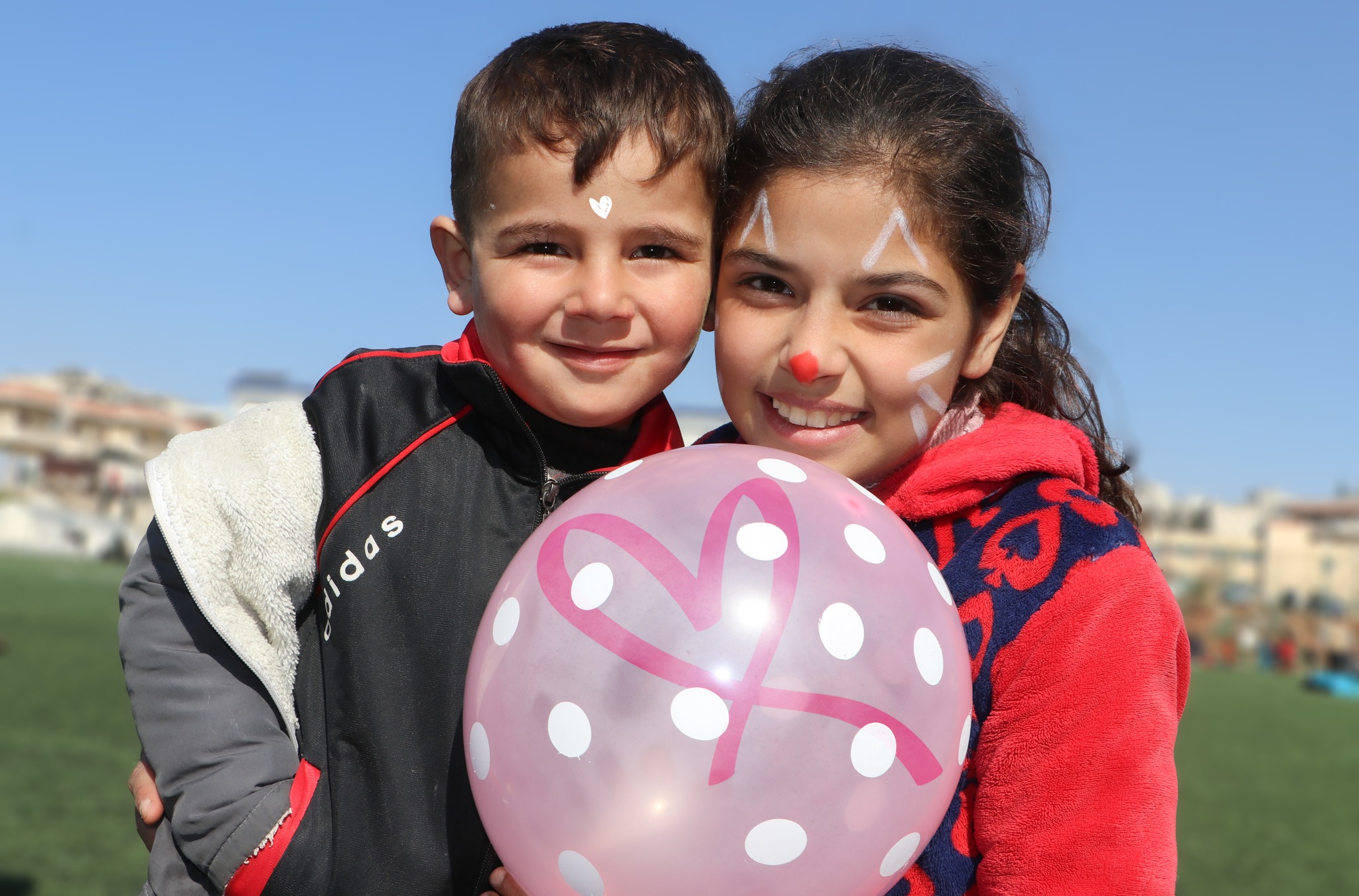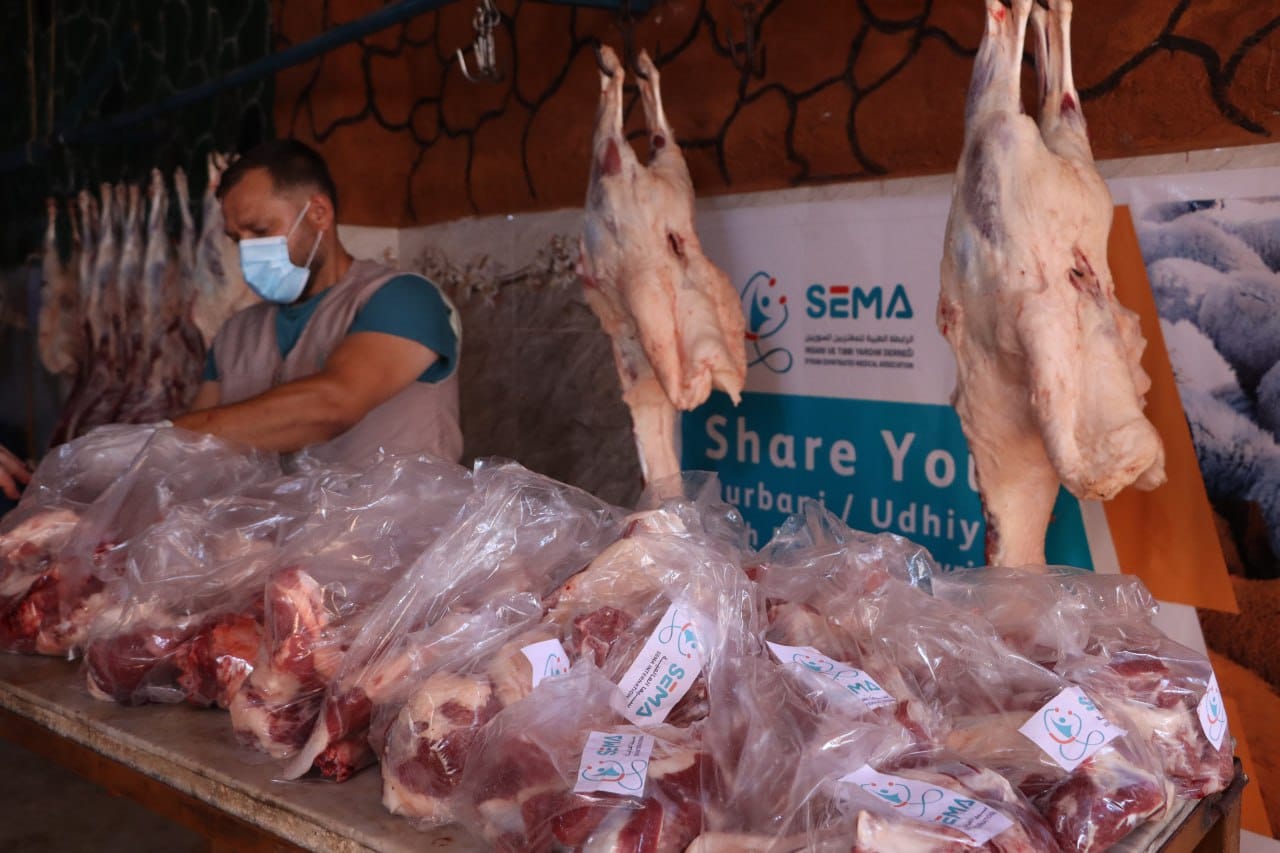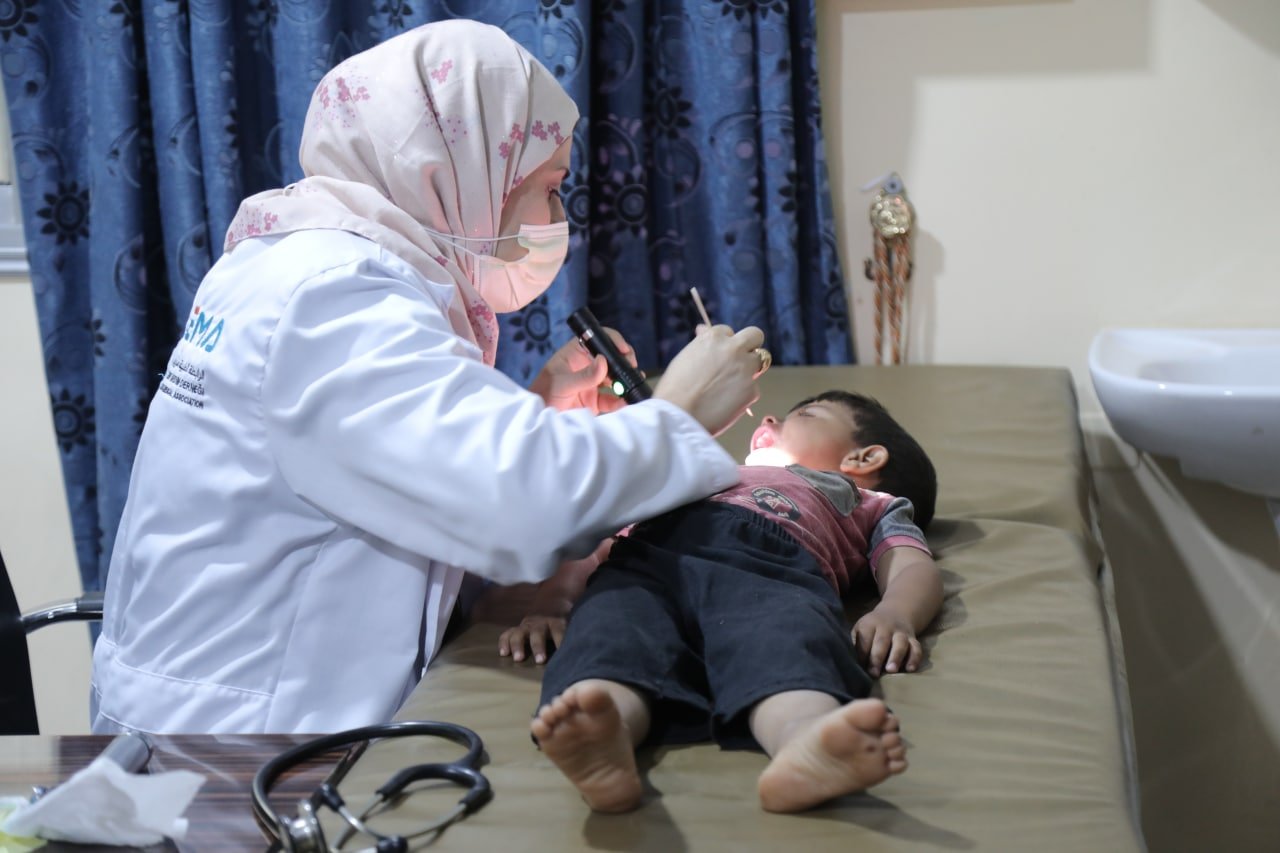The Holy Quran says: “Establish prayer and pay alms-tax. Whatever good you send forth for yourselves, you will ˹certainly˺ find ˹its reward˺ with Allah. Surely Allah is All-Seeing of what you do.” [Al-Baqarah 2:110].
Zakat, as the third pillar of Islam, holds a profound significance, obligatory for every capable Muslim. Its essence embodies generosity, compassion, and community support.
This article aims to unravel the concept of Zakat, delineating its various forms, essential conditions governing its obligation, and the unique significance of Ramadan Zakat (Zakat al-Fitr).
Understanding Zakat in Islam
First and foremost, we must know that there are two main types of Zakat in Islam: Zakat Al-Mal, the obligatory annual charity based on one’s wealth, and Zakat al-Fitr (Zakat of Ramadan), a special charity specific to the holy month.
Zakat Al-Mal constitutes a mandatory annual payment, calculated based on an individual’s wealth exceeding a specific threshold, distributed among designated categories such as the poor, needy, debtors, and others.
On the other hand, Zakat al-Fitr is a charitable donation intended to purify fasting individuals’ wealth and ensure the provision of basic needs for the less fortunate during Ramadan’s conclusion.
Unlike Zakat Al Mal, Zakat al-Fitr is obligatory on every Muslim, including children and the elderly, at a predetermined amount, typically equivalent to the price of staple food items in the local region.
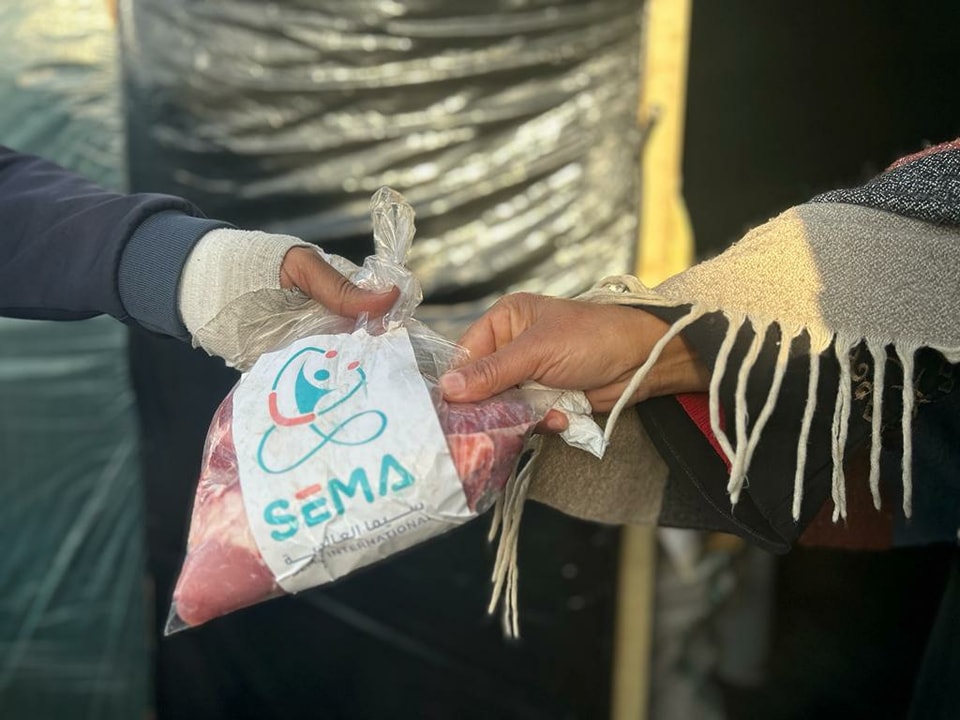
The Importance of Zakat During Ramadan
Although it is possible to pay Zakat Al-Mal at any time of the year (without delaying it), most Muslims prefer to pay it during the holy month because of its virtues. The Prophet Muhammad (PBUH) said:
“When Ramadan begins, the gates of Jannah are opened, the gates of Hell are closed, and the devils are chained.” [Al-Bukhari and Muslim].
Also, Narrated Ibn `Abbas: “The Prophet (PBUH) was the most generous of all the people, and he used to become more generous in Ramadan when Gabriel met him. Gabriel used to meet him every night during Ramadan to revise the Qur’an with him. Allah’s Messenger (PBUH) then used to be more generous than the fast wind.” [Sahih al-Bukhari 3554].
On the other hand, there are millions of poor and vulnerable Muslims in refugee camps who are waiting for the early arrival of Ramadan for the goodness and blessings it brings them, and this is what our team sees every Ramadan season.
The Spiritual Significance of Zakat in Ramadan
It was narrated from Abu Hurairah that the Messenger of Allah (PBUH) said:
“When the first night of Ramadan comes, the satans and mischievous jinns are chained up, and the gates of the Fire are closed, and none of its gates are opened. The gates of Paradise are opened, and none of its gates are closed.
And a caller cries out: ‘O seeker of good, proceed, O seeker of evil, stop.’ And Allah has necks (people) whom He frees (from the Fire), and that happens every day.” [Sunan Ibn Majah 1642].
Ramadan Zakat holds profound spiritual significance, serving to cultivate selflessness and altruism among individuals. It acts as practical training, encouraging liberation from the control of material desires and fostering asceticism in managing wealth.
This act of charity offers a gateway to overcoming the power of the soul’s inclinations towards worldly pleasures, emphasizing the generous nature of assisting the needy and underprivileged.
Moreover, Zakat in Ramadan extends its impact beyond the individual, playing a vital role in strengthening the bonds of love and brotherhood within the Islamic community.
Its ripple effects spread peace, unity, and mutual support among Muslims, enhancing social cohesion and fostering a sense of communal responsibility.
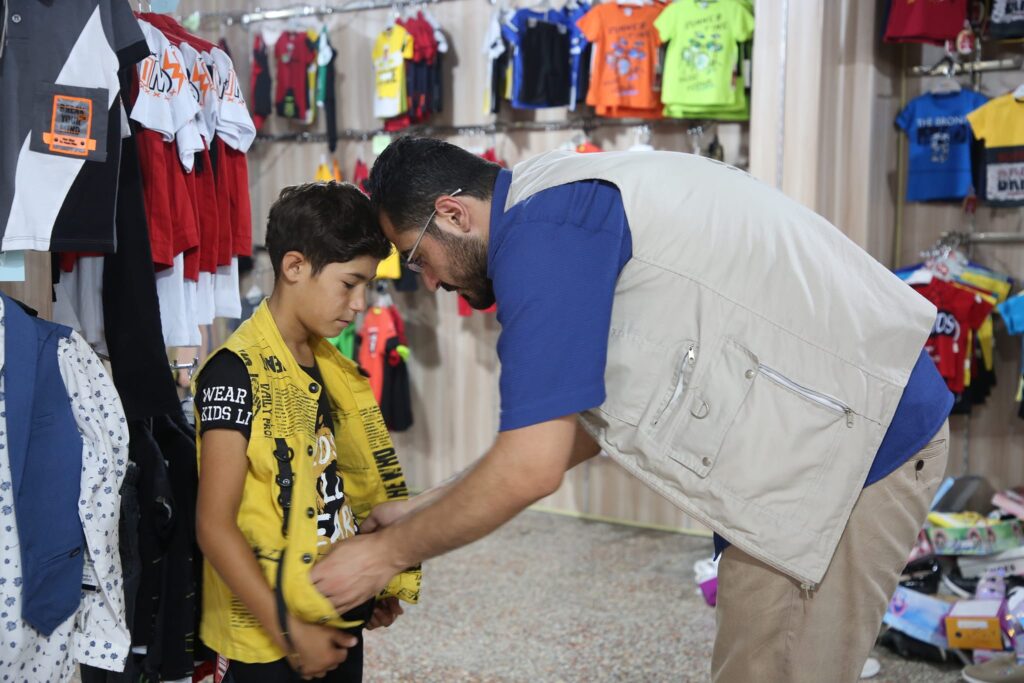
SEMA’s Role in Channeling Zakat to Those in Need
For over a decade, SEMA has been a beacon of hope, utilizing Zakat and charity funds to transform the lives of thousands daily, notably in war-afflicted Islamic societies like Syria.
Through these contributions, SEMA performs thousands of high-quality surgical operations and provides essential medicines, tests, consultations, and x-rays, impacting countless lives.
Under Tawfeer’s diverse programs focusing on protection, nutrition, community health, education, and relief, SEMA consistently empowers needy communities.
The profound impact of even the slightest support cannot be understated, as emphasized by the Prophet Muhammad (PBUH) in a Hadith:
“Do not belittle any good deed, even meeting your brother (Muslim) with a cheerful face.” [Muslim].
How to Calculate Your Zakat
Calculating Zakat involves varying methods based on the nature of wealth.
- Zakat Al-Mal, one must assess all monetary assets, including cash, savings, gold, silver, and any other property eligible for Zakat. The obligation is to pay 2.5% of the total amount to support the poor and needy, excluding essential living properties like a house or car.
- Zakat al-Fitr (Ramadan Zakat) is determined by donating about 3 kilograms (one Sa’) of staple foods, like dates or barley, pertinent to the country’s norms. Scholars note its value varies according to income and standard of living within the region, generally amounting to a Sa’ of the staple food per individual.
As Narrated by Ibn `Umar: “Allah’s Messenger (PBUH) made it incumbent on all the slave or free Muslims, male or female, to pay one Sa’ of dates or barley as Zakat-ul-Fitr.” [Sahih al-Bukhari 1504].
Beyond Zakat: Other Ways to Support SEMA During Ramadan
During Ramadan, supporting SEMA extends beyond Zakat, offering various avenues to help those in need.
Volunteering with SEMA provides a personal connection to contribute actively. In-kind donations are invaluable, with a particular emphasis on medical necessities to aid displaced populations.
Beyond Ramadan, sustaining support year-round through regular donations fortifies SEMA’s efforts. As we fast, it’s crucial to recognize the plight of the less fortunate.
While food aid is vital, ensuring the health and well-being of displaced populations in barren lands is equally imperative. Healthcare becomes their essential asset in dire conditions, mainly when several hospitals have suspended operations due to a lack of support.
Your Zakat and charity contributions hold immense potential to impact lives profoundly:
- $10 covers treatment for two patients.
- $50 provides medicine for five individuals.
- $100 donation covers a patient’s intensive care.
- $150 supports a crucial surgical procedure.
- An extraordinary donation of $1,000 provides treatment for 200 displaced patients!
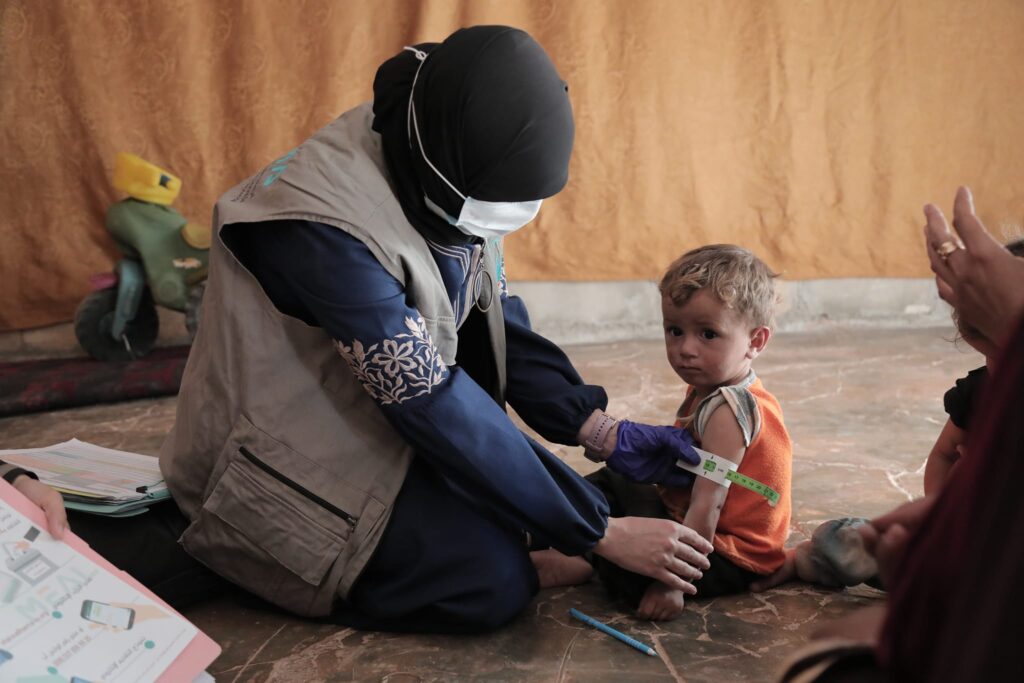
Conclusion
Ramadan is a time of profound blessings, where the rewards for charity and Zakat multiply manifold; let us not overlook the immense virtues of extending our support and compassion towards our struggling brothers and sisters.
Anas narrated that the Prophet was asked which fast was most virtuous after Ramadan. He said: “Sha’ban in honor of Ramadan.” He said: “Which charity is best?” He (PBUH) said: “Charity in Ramadan.” [Jami` at-Tirmidhi 663].
SEMA continues its tireless efforts to assist the less fortunate, particularly in dire situations, providing vital healthcare and support.
Remember, Your ongoing contributions, whether through Zakat or regular donations, significantly impact the lives of those in need!
FAQ
What is the minimum amount of wealth required to pay Zakat?
Zakat is obligatory for those whose wealth reaches or exceeds the Nisab, which is the minimum threshold for wealth that mandates Zakat payment. Nisab is calculated from the following formula:
(Price of a gram of gold x 85 = Nisab value).
Can Zakat be paid in installments over Ramadan?
Yes, Zakat can be paid in installments over Ramadan or any time throughout the year provided it is paid in full by the due date.
How does SEMA utilize the Zakat it receives?
SEMA channels Zakat and charity funds to various humanitarian projects, including healthcare, relief efforts, education, nutrition, and protection. These funds directly aid disadvantaged communities, particularly in conflict zones.
Can Zakat be directed to specific projects within SEMA?
Yes, donors can specify the allocation of their Zakat to particular projects within SEMA. However, it’s essential to note that the organization allocates funds based on the most urgent needs, ensuring the efficient distribution of resources.
What kind of records or receipts does SEMA provide for Zakat donations?
SEMA typically provides donors with receipts or statements confirming their Zakat donations. These records serve as proof of contribution for tax purposes or personal records, ensuring transparency in the donation process.
Read More:
Fasting and Giving: Strengthening Our Faith During Ramadan
Ramadan and Healthcare: A Holistic Approach
Ramadan Meal Packs: Bringing Joy and Nourishment to Syrian Families
Ramadan Reflections: The Power of Collective Giving
Ramadan Gift of Health: Donate Medical Supplies and Equipment
The Do’s and Don’ts of Taking Medications While Fasting
Maximizing Good Deeds: Last 10 Days of Ramadan for Helping the Needy
Understanding Kaffarah: Obligations and Benefits
Zakat al Mal Decoded: Impact on SEMA’s Mission
Resources

